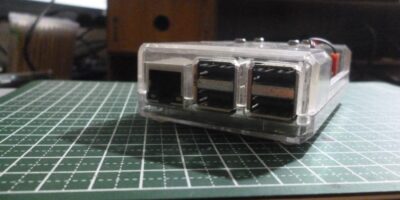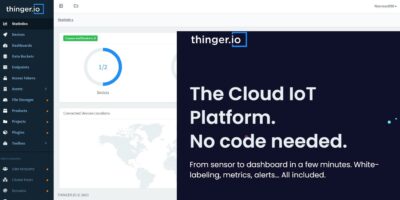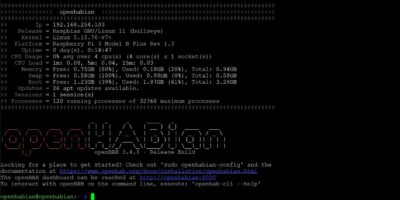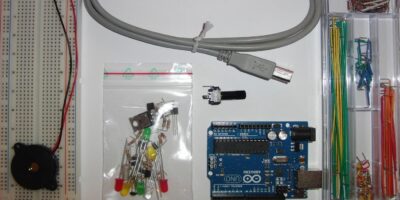
Having lots of smart devices is great, but true IoT adoption can only occur if the smart device networks are rolled out properly. Cellular companies know this and are racing to spread their services as far as they can reach.
Deutsche Telekom has taken a huge step to accomplishing this. Recently, they signed deals with Swisscom, Telia, and Vodafone to stretch their NB-IoT network to nine more countries, bringing their total to 18.
What Is “NB-IoT Roaming?”
“NB-IoT Roaming” contains many specific technology terms, so let’s break it down to explore why this development is good for IoT.

First, NB-IoT stands for “Narrowband IoT.” It’s designed for low power devices that don’t require huge bandwidth to do their job, such as smart meters. We explored NB-IoT in our article on Narrowband IoT, so give that a read if you want to know more.
Next, the “roaming” part is just like the kind of roaming you can do with your cellphone. It’s when two companies from different countries enter a partnership where customers of each business can use the network of the other.
For example, if a US telecom company signs a roaming deal with a Canadian company, people using either network will get uninterrupted coverage when moving between the US and Canada.
We also covered the term “roaming” over on our companion website MakeTechEasier, so check it out if you’re still unclear on the details.
As such, if you combine these two terms, “NB-IoT roaming” is when several providers enter an agreement to supply a network for NB-IoT devices.
Why Is NB-IoT Roaming Important?
The most obvious use for NB-IoT roaming is device owners will be able to take their devices to other countries and still have then work. Instead of being required to change the network card on the device when going overseas, the device will know how to “talk” to the destination’s network.
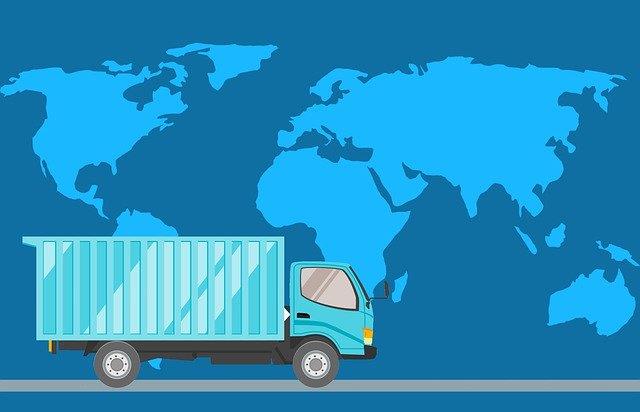
However, the “hidden” benefit of this technology is for IoT manufacturers. If IoT roaming didn’t exist, a manufacturer would have to change the network details every time they sold their product in another country.
However, now that Deutsche Telekom has a roaming agreement in 18 countries, IoT development became much easier. Manufacturers can design their device to work in one of those countries, and it’ll automatically work for the other 17.
IoT business users can also benefit from NB-IoT roaming. Say you have a freight truck carrying packages that automatically update their GPS location for tracking purposes. If this truck crosses a border into a country that supports roaming, the service graciously transitions to the other country’s network without a hiccup.
Rami Avidan, head of IoT and Smart Cities at Deutsche Telekom, said the following:
“Our customers need a sustainable roaming environment for their mobile IoT deployments to deliver a consistent service across international borders. This allows them to benefit from economies of scale as they continue to expand their business.
“We are working hard to help accelerate the adoption of NB-IoT roaming in Europe and beyond.”
IoT on the Move
Just as customers benefit from a roaming agreement for their cellphone coverage, IoT manufacturers and business users can eliminate a lot of busywork with an NB-IoT roaming plan. Deutsche Telekom aims to make this a reality by doubling their reach of countries.
If you’re looking for more information, read on to learn about a new version of an NB-IoT prototyping kit.
Get the best of IoT Tech Trends delivered right to your inbox!
